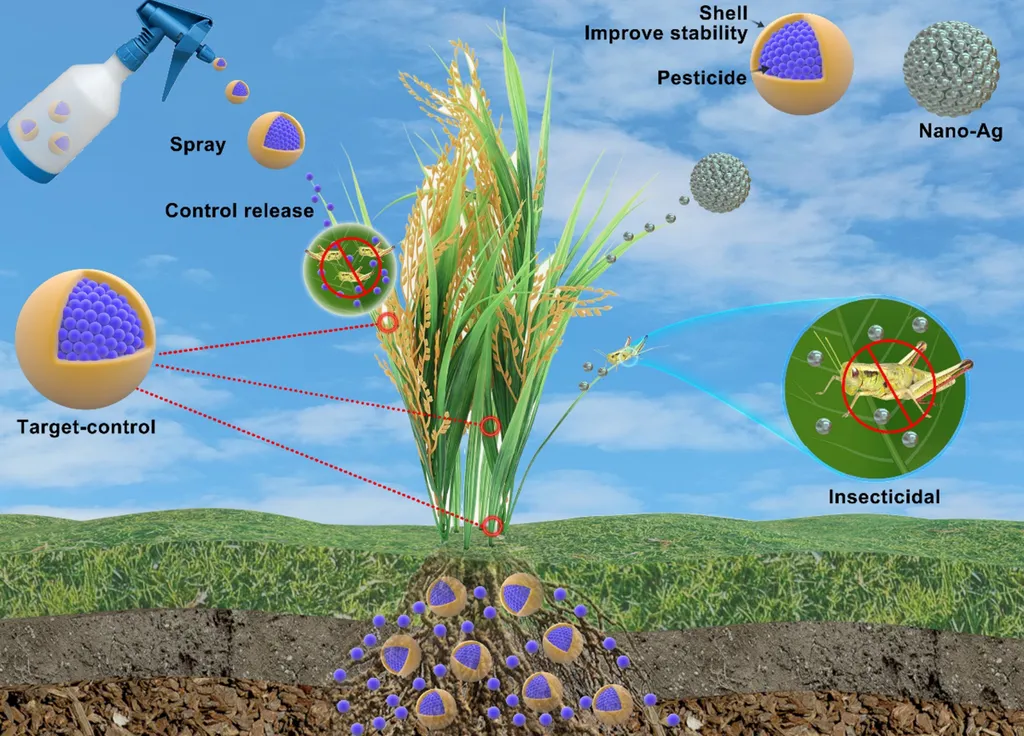In the face of a burgeoning global population and the consequent surge in food demand, farmers are increasingly turning to synthetic fertilizers. However, these fertilizers, while productive, come with a significant environmental and health cost. Enter nanotechnology, a field that promises to revolutionize agriculture by making fertilizer production more sustainable and efficient. A recent study published in the *Journal of Chemistry* explores this very prospect, offering a glimpse into a future where waste-derived nanofertilizers could reshape the agricultural landscape.
The research, led by Chakanaka P. Mungwari from the Department of Chemical Sciences, delves into the potential of nanotechnology to transform waste into valuable nanofertilizers (NFs). These NFs, unlike their bulk counterparts, boast a large surface area to volume ratio, enhanced mobility, and the ability to encapsulate nutrients. This translates to more precise and efficient nutrient delivery, ultimately boosting crop productivity while minimizing environmental pollution.
“Nanofertilizers offer a promising solution to meet growing food demands while minimizing environmental impacts,” Mungwari asserts. The study highlights various synthesis methods for NFs from waste, emphasizing their economic and environmental benefits. Waste-derived NFs are not only more cost-effective but also prove to be more efficient than conventional fertilizers. Moreover, their positive impact on plant stress tolerance and dietary quality is a significant bonus.
The commercial implications for the agriculture sector are substantial. As the world increasingly prioritizes sustainable practices, the shift towards nanofertilizers could open up new markets and opportunities. Farmers could reduce their reliance on synthetic fertilizers, cutting costs and environmental damage. Meanwhile, agritech companies could tap into the growing demand for innovative, sustainable solutions.
The study also sheds light on waste recycling strategies, further underscoring the potential of NFs to contribute to a circular economy. By valorizing waste, farmers and agritech companies alike can turn a liability into an asset, creating a more sustainable and profitable agricultural system.
Looking ahead, this research could shape future developments in the field by encouraging further exploration of nanotechnology in agriculture. As Mungwari and his team have shown, NFs hold immense potential to transform the way we produce and consume food. The challenge now lies in scaling up these technologies and integrating them into existing agricultural practices.
In the words of Mungwari, “The present era of prioritizing sustainable agriculture, NFs offer a promising solution to meet growing food demands while minimizing environmental impacts.” With continued research and investment, this promise could soon become a reality, heralding a new era of sustainable, efficient, and profitable agriculture.

